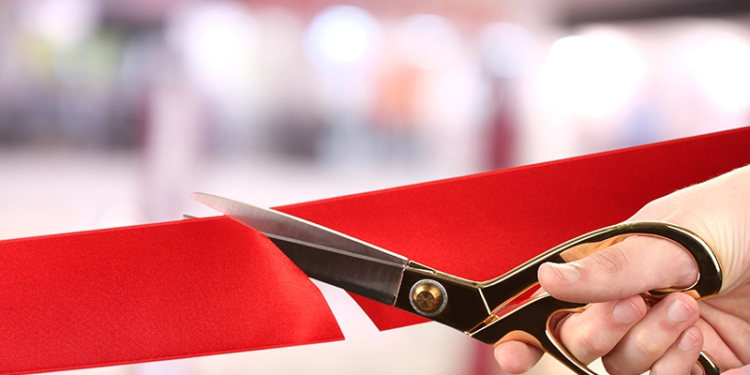
A study evaluating whether boys who have Duchenne muscular dystrophy (DMD) could realize benefits in joint mobility, grip strength, or fine motor function by using hand orthoses during rest found that the orthoses can delay development of contractures and improve passive wrist extension and thumb abduction. The study was published online July 7 in Disability and Rehabilitation.
Eight boys with DMD and less than 50 degrees passive wrist extension mobility participated and were provided with individually customized rest orthoses. Participants were instructed to wear the orthoses while sleeping, alternating nightly between hands to allow one hand free each night. The study included a baseline and an intervention phase, and a follow-up examination was performed. Researchers evaluated the boys every other month for six to 12 months before the orthoses were fitted and for eight months as the boys were using the orthoses.
The results indicated that the wrist extension of the dominant hand increased in four of the participants and was maintained in four. Wrist extension in the non-dominant hand increased in five participants, was maintained in two, and decreased in one. Thumb abduction in the dominant hand increased in six of the boys and two remained stable. In the non-dominant hand, five boys demonstrated increased thumb abduction and three remained stable. Grip strength and fine motor function also showed positive results.
Therefore, according to the study’s authors, hand orthoses can be recommended for boys who start to develop contractures in the long finger flexors; however, due to the small sample size further studies are needed to confirm this result.




